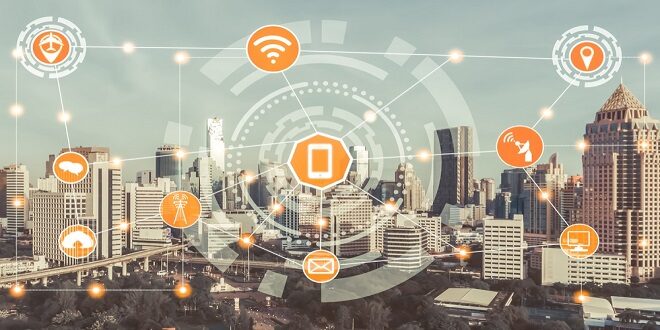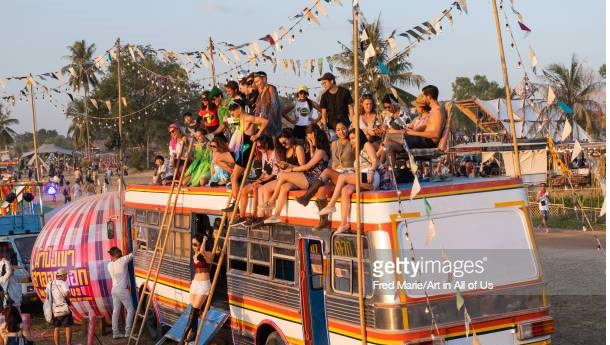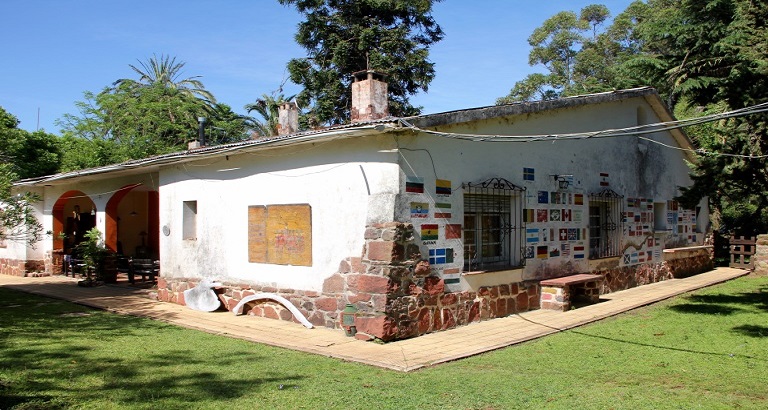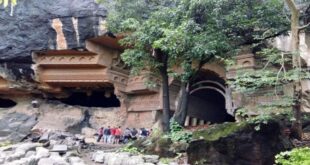Due to fast-paced and exciting digital developments that target travel and tourism, this industry has long enjoyed the benefits that come with the dedicated expansion of technology. Companies like Airbnb, which offers users the ability to both rent out and stay in a private property for short trips, utilize technology that processes data quickly and adapts to meet the needs of the end user. This technology is rapidly advancing, and new deep learning functionality offers a whole new world of opportunity for travel businesses. In this article, we’ll be breaking down what deep learning is, and how it is revolutionizing the industry at a rapid pace.
What Is Deep Learning?
Deep learning was developed as a subset of machine learning, and it is designed to process and adapt to data points in a way that is similar to the response style of the human brain. By teaching machines to think about the data they receive, and find a solution through an adaptation of their previous experiences, deep learning developers can build machines that carry a high level of functionality that is ever-evolving.
The Application Of Deep Learning To The Travel Industry
From trip booking and customer service to developed security, the travel industry relies heavily on technology for the success of many elements of its services, which is why deep learning is a tool that works effectively to improve the customer journey. It can be seen throughout the industry in a variety of forms, but the most popular ones include:
- Customer Service
Thanks to the way deep learning can support booking services through advanced automation, customer service in the travel industry has never been more supportive for customers. With booking agents being able to provide chat bots that mimic human behaviour, a huge number of travellers can experience high quality customer service at once, reducing wait times and subsequent frustration.
- Effective Disruption Management
Another positive element of deep learning that is frequently applied to the travel industry is disruption management. With flights and other methods of transportation regularly being delayed, cancelled, or changed at the last minute, deep learning programs that are able to communicate these details to a customer in record time are paving the way for innovative solutions that solve problems for consumers.
- Enhanced Security Checks
With flight numbers being at an all-time high, airport security is more important now than ever before. The travel industry relies on safe practices, and deep learning solutions are revolutionizing how these are implemented, primarily through advanced facial recognition software that speeds up the security process in a safe way, and reduces the risk of human error.
How Travel Companies Implement Deep Learning
While a variety of tried and tested methods are supporting travel companies as they implement deep learning methods to boost their success, one of the most reliable approaches taken by organizations in the industry is setting up a Deep Learning Lenovo Workstation at customer service booths and help desks. By doing this, they can adopt the best workplace practices that place them at the heart of technological advancement in the industry.
While the travel industry is evolving at a rapid pace, deep learning offers a reliable solution to many of the problems faced by travellers today, such as delayed flight updates and long wait times to speak with support staff. By utilizing deep learning functionality, travel businesses allow employees to closely track flight data, provide support to security teams and manage disruption in a timely manner, in a way that is revolutionizing how travel companies operate worldwide.
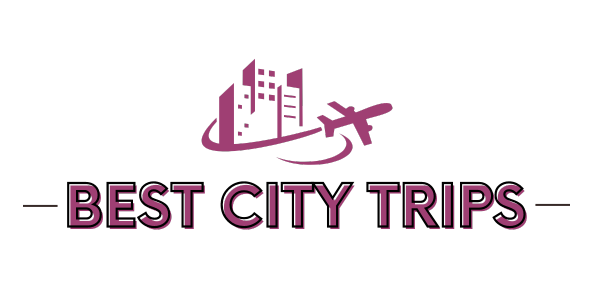 BESTCITYTRIPS
BESTCITYTRIPS
